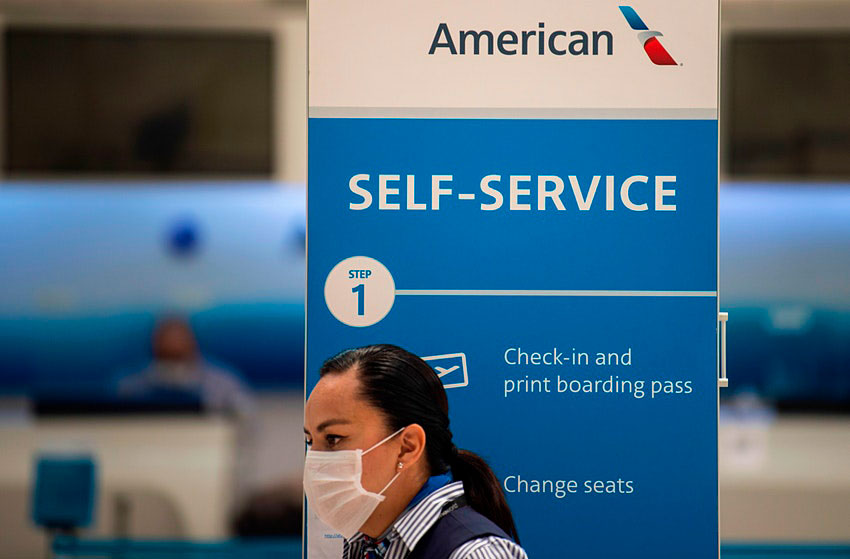
The US to consider stricter travel restrictions as fight against Omicron continues
TripFalcon December 02, 2021
Last Update: 2021-12-01 17:15:34As more Omicron cases of COVID-19 are detected worldwide, the US is considering more rigorous testing requirements for tourists and returning Americans.
The Centers for Disease Control and Prevention (CDC) could introduce tighter screening for incoming passengers by reducing the timeframe in place for pre-departure tests. Under the current rules, any vaccinated passenger is required to present a negative COVID-19 test within 72 hours of boarding a plane to the US; for unvaccinated passengers it's 24 hours. But under new measures being considered, that timeframe could be reduced to 24 hours for all incoming passengers, regardless of vaccination status.
 A final decision on the new testing proposals is expected on Thursday © AFP / Getty Images
A final decision on the new testing proposals is expected on Thursday © AFP / Getty Images
To curb any potential spread of the Omicron variant of COVID-19, which has yet to be detected in the US, the CDC may also recommend that passengers take a second test within three to five days of arrival in the US, though no final decision has been made on either proposal.
"As we have done throughout the pandemic, CDC is evaluating how to make international travel as safe as possible, including pre-departure testing closer to the time of flight and considerations around additional post-arrival testing and self-quarantines," CDC Director Rochelle Walensky told a media press briefing on Tuesday.
The decision to re-evaulate travel protocols comes amid concern that the new Omicron strain could be more transmissible than the Delta variant and could evade vaccine protection. The US has already imposed a temporary ban on foreign travelers from South Africa, Botswana, Zimbabwe, Namibia, Lesotho, eSwatini, Mozambique and Malawi, after South Africa detected the new variant on November 24 (though it has since been reported that the variant was already in Europe before the first recording).
A decision on the proposed testing rules for travelers is expected on Thursday. In the meantime, US president Joe Biden has said that "shutdowns or lockdowns" are not in the plan. Instead the focus will be on "widespread vaccinations, boosters, testing and more."

